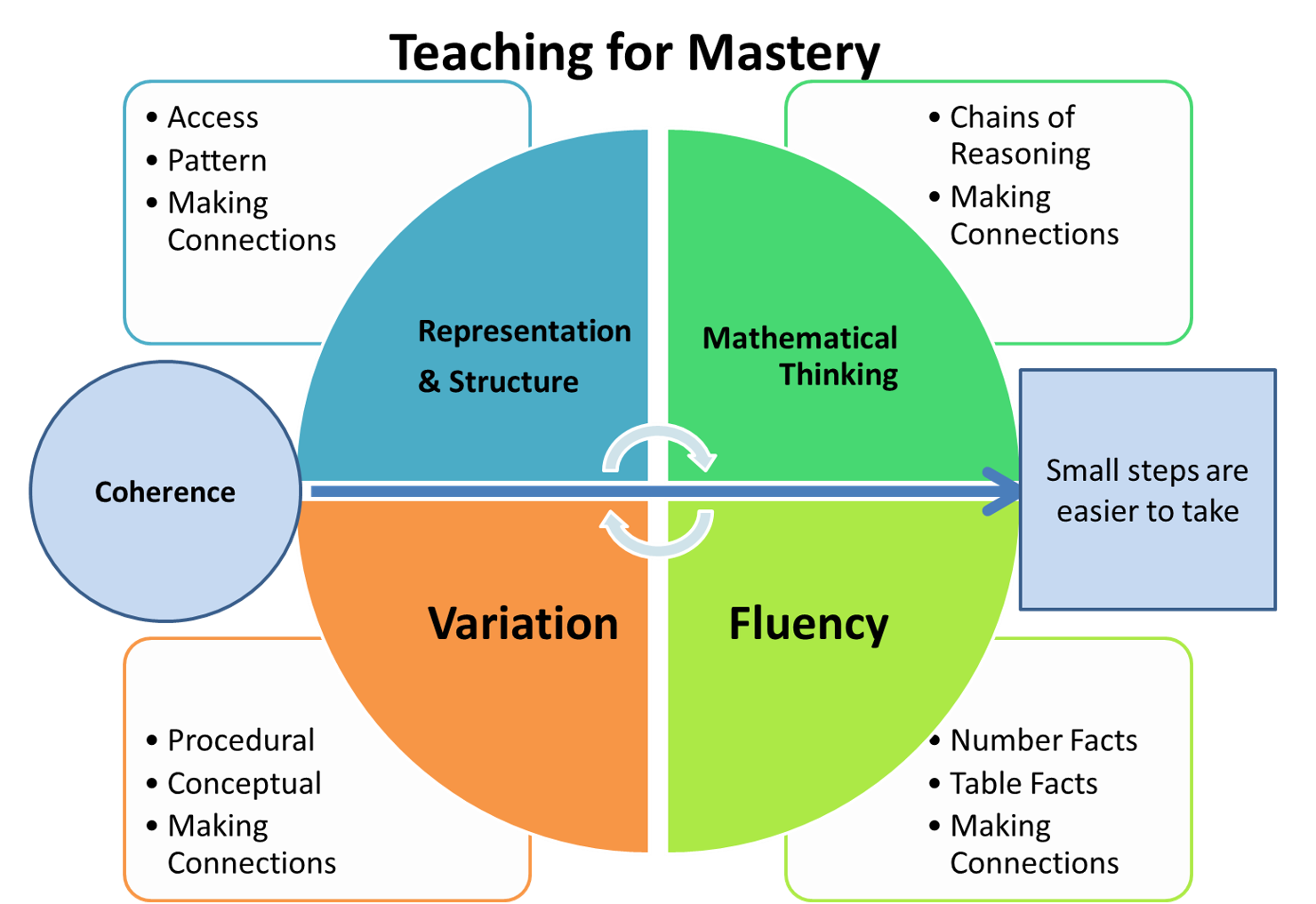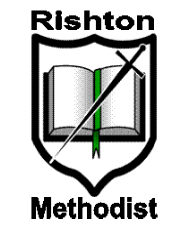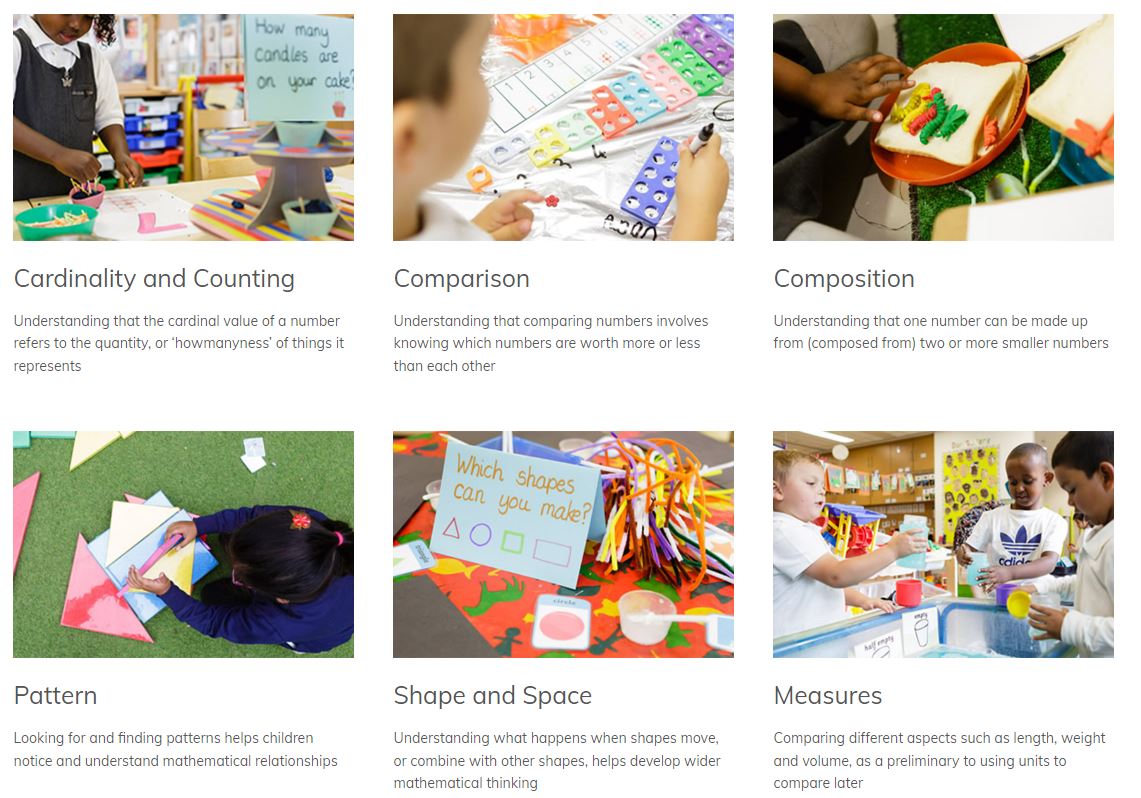Maths
Rishton Methodist Primary School follows a curriculum that engineers success using a mastery approach. We follow the Maths No Problem scheme of work which ensures small step progression through careful curriculum sequencing.
The curriculum is split into declarative, procedural and conditional knowledge which are encompassed within the teaching for mastery five big Ideas; Representation and Structure, Mathematical Thinking, Variation, Fluency and Coherence.

Using guidance and advice from Maths No Problem, we have identified declarative knowledge needed for automaticity. Opportunities to both learn and use this knowledge are given until both speed and accuracy of recall is achieved.
Again, with Maths No Problem, procedural knowledge is integrated within our curriculum by teaching efficient and accurate methods of calculations to enabled fluidity in systematic methods, algorithms, or procedures.
Within their learning, children can combine declarative and procedural knowledge, which feeds into mathematical reasoning and problem-solving tasks. This can consist of abstract, real world, routine, or non-routine problems. This is their opportunity to showcase their conditional knowledge.
Small steps for both declarative and procedural understanding are planned for, giving due consideration to common misconceptions that are likely to occur. In order for children to retrieve knowledge from long-term memory.
Teachers have high expectations of all pupils with SEND. Teachers do not compromise the requirement for overlearning to ensure automaticity. Staff will also use the decided whether to wait, or whether to act approach. This means that there is no automatic assumption that pupils identified as SEN cannot achieve. Early identification of gaps is a key component of our approach.
EYFS
We use the six key areas of early mathematics learning to collectively provide a platform for everything children will encounter as they progress through their maths learning at primary school, and beyond.
Assessment
Fundamental to the effectiveness of our curriculum is our approach to assessment. We utilise a responsive approach to assessment strategies which focus on moving the learning forward and the activation of learners as owners of their own learning; We recognise that effective feedback should be specific, accurate and timely and provide clear guidance on how to improve. Pupils are explicitly taught meta cognitive strategies through dialogic talk as well as how to monitor, plan and evaluate their learning. The information provided by assessments is essential for planning and adaptive teaching.
In addition to this, children also complete end of term assessments.
The rationale of our mathematics curriculum is based upon guidance from:
The Education Endowment Foundation Improving Mathematics in Early Years, Key Stage 1, Key Stage 2 and 3 Improving Mathematics in the Early Years and Key Stage 1 | EEF (educationendowmentfoundation.org.uk) Improving Mathematics in Key Stages 2 and 3 | EEF (educationendowmentfoundation.org.uk)
The Ofsted Research Review of Mathematics Research review series: mathematics - GOV.UK (www.gov.uk)
The Department for Education ready to progress non-statutory guidance Mathematics guidance: key stages 1 and 2 (covers years 1 to 6) (publishing.service.gov.uk)

